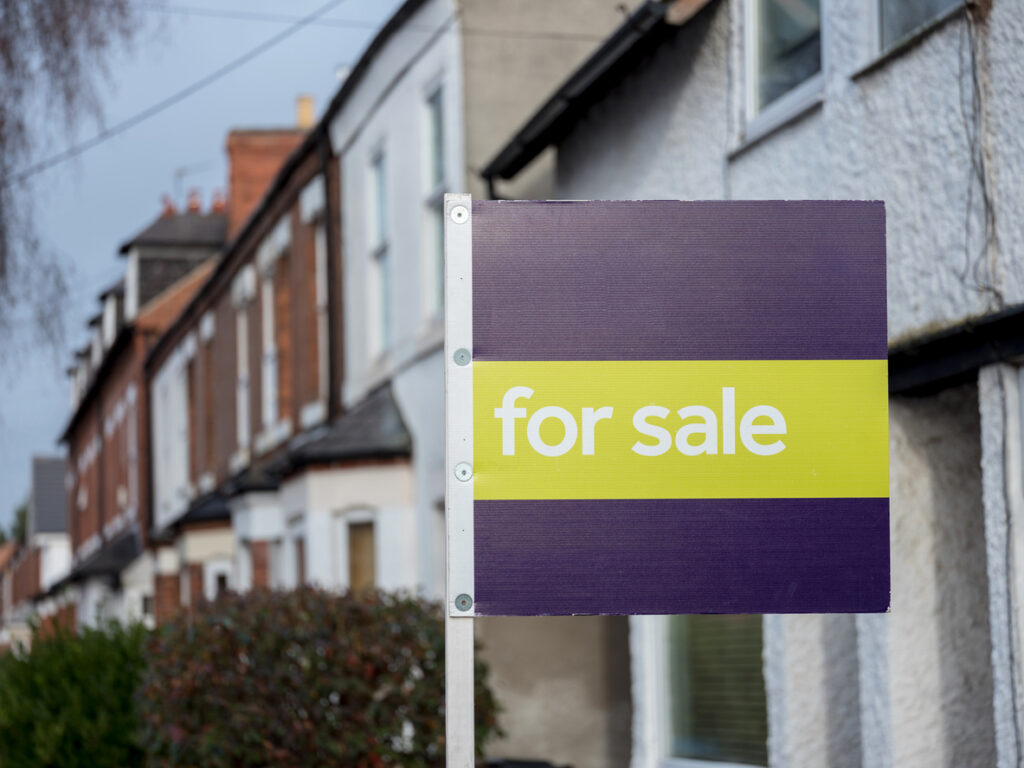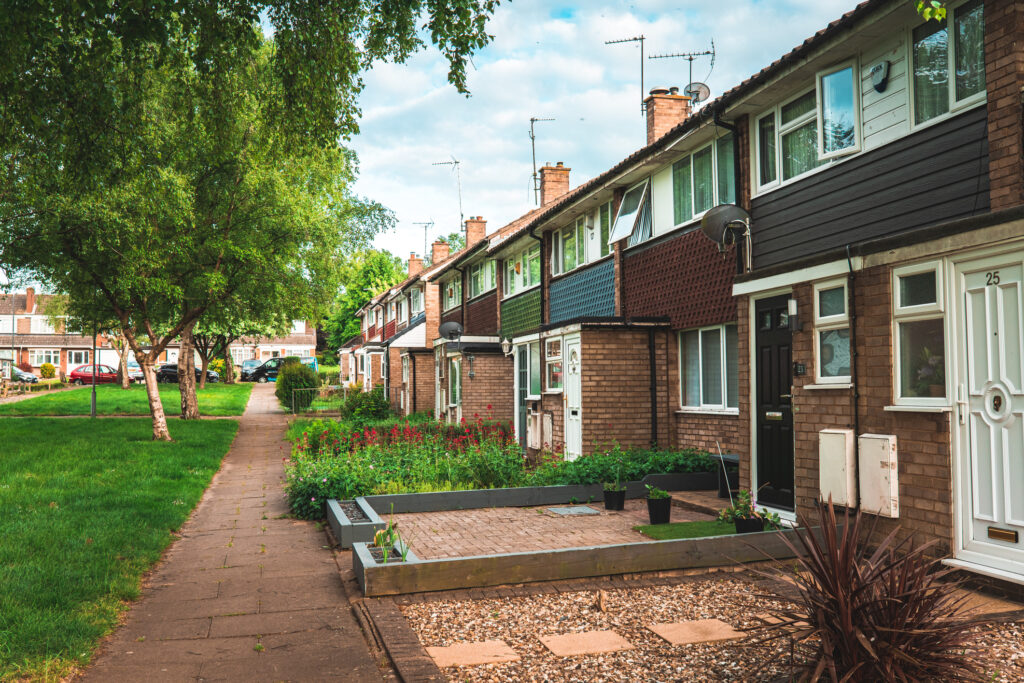Why ethical disposal matters in social housing
The concept of ethical disposal is gaining traction in the social housing sector, yet it remains an area that is not consistently prioritised. For registered providers (RPs), balancing financial objectives with community interests can be challenging. However, by embedding ethical disposal practices, the sector can remain aligned with its core purpose: ensuring affordable housing remains accessible to those who need it most.
The National Housing Federation (NHF) highlights the importance of ethical disposal in its Code of Conduct, which urges housing associations to act in the best interests of residents. The NHF also encourages transparency when disposing of assets, including clearly communicating the rationale behind sales and establishing explicit ethical disposal policies. This open and honest engagement is crucial for maintaining trust within communities and ensuring the sector operates with integrity.
Prioritising sales to social landlords and charities
While selling on the open market may seem like the most straightforward way for RPs to achieve financial goals, it should be considered a last resort. Instead, prioritising sales to other social landlords or charitable organisations helps to keep housing within the sector and supports the broader social purpose of providing affordable homes.
In cases where this is not feasible, RPs can still keep the community at the forefront by marketing properties directly to those in need. This could include targeting first-time buyers, key workers, or low-income families in the area. By doing so, RPs can help maintain affordable housing stock while ensuring sales align with ethical principles.
Selecting properties for ethical disposal
A selective approach to identifying which properties to sell can further enhance ethical disposal. Some RPs are already adopting this method, using internal criteria and local planning objectives to determine which properties are best suited for sale. Selling these properties to relevant organisations or local residents ensures that disposals serve a social purpose.
Collaboration with local councils can also help RPs make informed decisions about which properties to sell. By understanding the housing needs of a specific area, RPs can ensure that property sales provide real value to the community.
Addressing challenges in ethical disposal
There is no universal approach to ethical disposal, and each RP will face its own unique challenges. While selling to those in need is ideal, some properties may require extensive repairs, making them unsuitable for first-time buyers or low-income families. In such cases, RPs should assess whether refurbishing the property is a viable option before selling.
However, there will be instances where repairs are not financially justifiable, and sales on the open market become necessary. Even in these cases, RPs can remain committed to their social purpose by reinvesting proceeds into affordable housing developments, improving energy efficiency, or enhancing fire safety measures such as cladding replacement.
Exploring alternative approaches to ethical disposal
Some RPs are testing new approaches, such as flipping tenure types within their portfolios. This involves temporarily renting out properties privately before selling them at a later stage. While this strategy is not yet widely adopted, it may offer financial flexibility for RPs seeking to maximise returns while maintaining a commitment to ethical disposal.
Additionally, reviewing existing sales procedures can help RPs assess whether their current practices adequately prioritise communities. Hyperlocal marketing of properties and reinvesting funds from sales into social housing projects are just two ways RPs can enhance their ethical disposal strategies.
Establishing ethical disposal policies
Having a clear and structured policy on ethical disposal can create consistency across property sales. Aligning these policies with NHF guidelines ensures RPs act in the best interests of residents while providing clarity on alternative methods when preferred approaches are not viable.
A well-defined policy can also help RPs maintain transparency with stakeholders, demonstrating a commitment to ethical disposal and reinforcing trust within communities.
The future of ethical disposal in social housing
While further work is needed to embed ethical disposal as a standard practice in the social housing sector, education and awareness are the first steps. RPs and landlords must familiarise themselves with the various options available and ensure that the community remains at the heart of every disposal decision.






